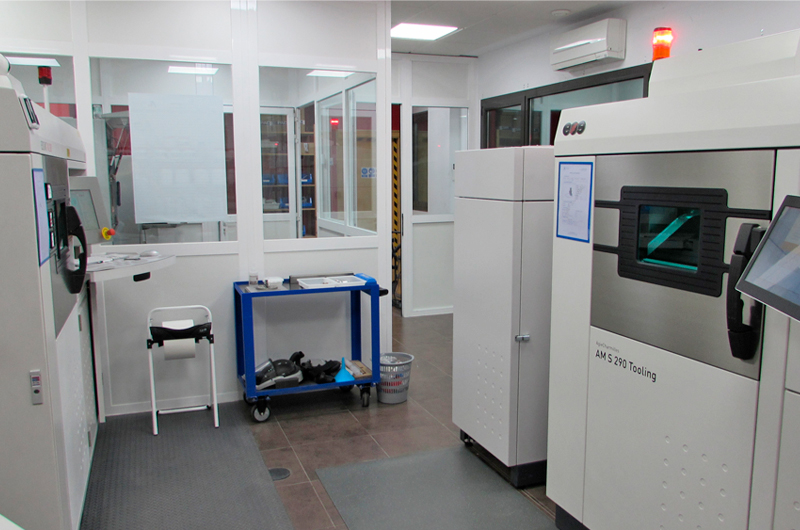
Metallurgical engineering
Metallurgical engineering Metallurgical engineering is a field of engineering that focuses on the physical and chemical behavior of metallic elements, their intermetallic compounds, and their mixtures, which are known as alloys. It helps create materials that are strong and corrosion-resistant for a variety of applications.
Metallurgical engineering.
Is a dynamic and multifaceted field of engineering that delves into the study and application of the properties, processing, and design of metals and their alloys. At the intersection of materials science, physics, chemistry, and engineering principles, this discipline strives to understand and enhance the characteristics of metals and alloys, tailoring them for specific industrial needs.
Metallurgical engineers play a pivotal role in the entire lifecycle of metals, from their extraction and refining to alloying, forming, and testing. Their work extends to the fabrication and design of components or products, making significant contributions to various industries. A deep understanding of the physical and chemical properties of metals, their behavior under different conditions, and the processes to modify these properties is crucial in metallurgical engineering. This interdisciplinary nature draws from chemistry, physics, materials science, and various engineering domains, including design and manufacturing.
A key aspect of metallurgical engineering is the development and optimization of metal properties for industrial applications. Engineers in this field employ a range of techniques such as heat treatments, mechanical processing, and surface treatments to achieve desired characteristics in metals and alloys. These processes are fundamental in enhancing properties like strength, ductility, corrosion resistance, and performance under extreme conditions.
Metallurgical engineers are also at the forefront of innovation, contributing significantly to the development and refinement of new materials and processes. This encompasses designing and implementing novel processes and developing materials that meet specific application requirements. Their expertise is vital in industries such as aerospace, automotive, construction, and electronics, where advanced materials can lead to groundbreaking advancements.
Collaboration is key in metallurgical engineering, as these professionals work closely with other engineering disciplines to devise efficient and cost-effective solutions for industrial processes. Their role in research and development is equally important, as they explore new materials and methods to enhance existing products and processes. This continuous pursuit of innovation and improvement in metallurgical engineering not only drives technological advancements but also supports sustainable and efficient industrial practices.
Metallurgical engineering, thus, represents a critical and continually evolving field, essential to modern industry and technology. Its contributions range from improving everyday products to pioneering materials for cutting-edge applications, highlighting its integral role in shaping the future of engineering and manufacturing.




